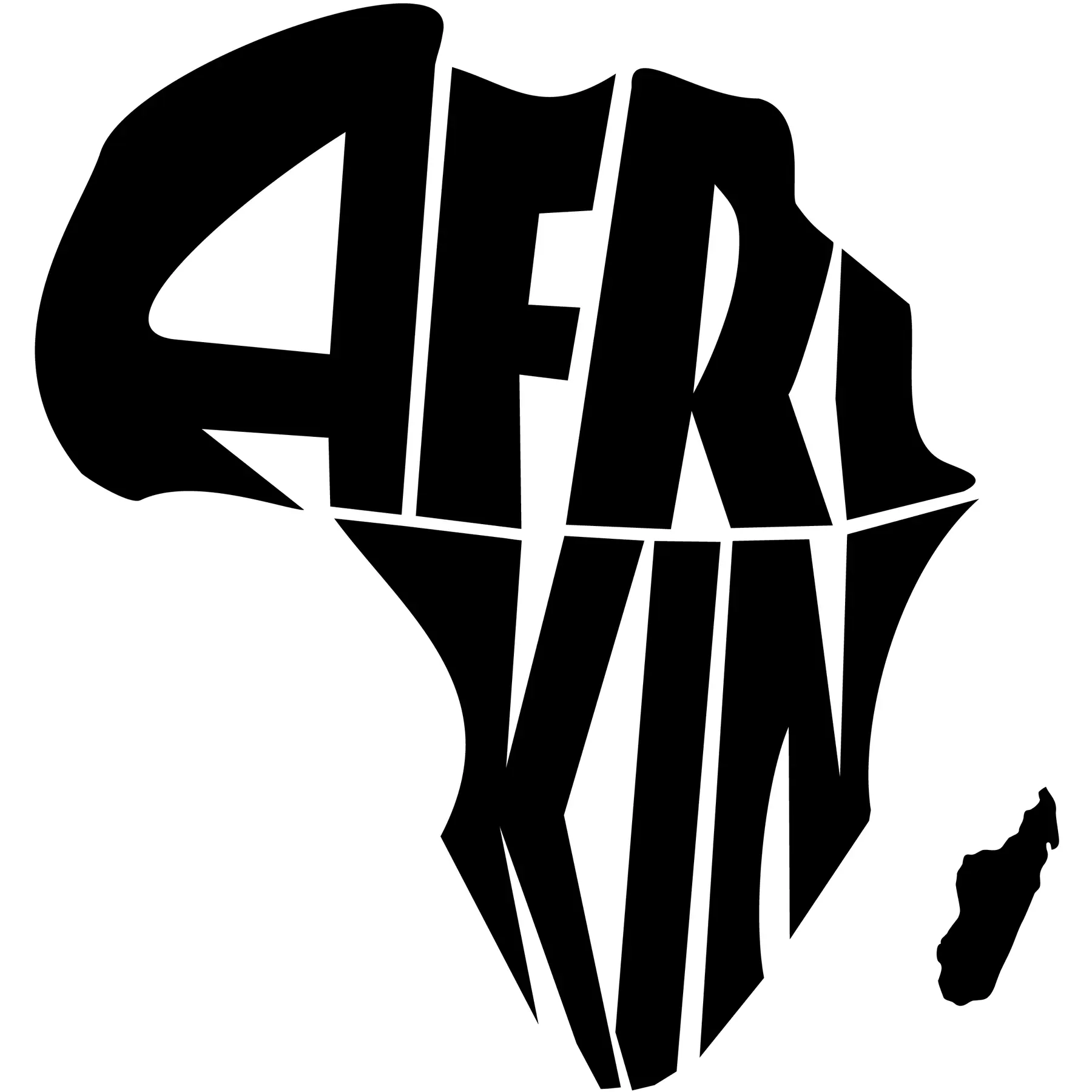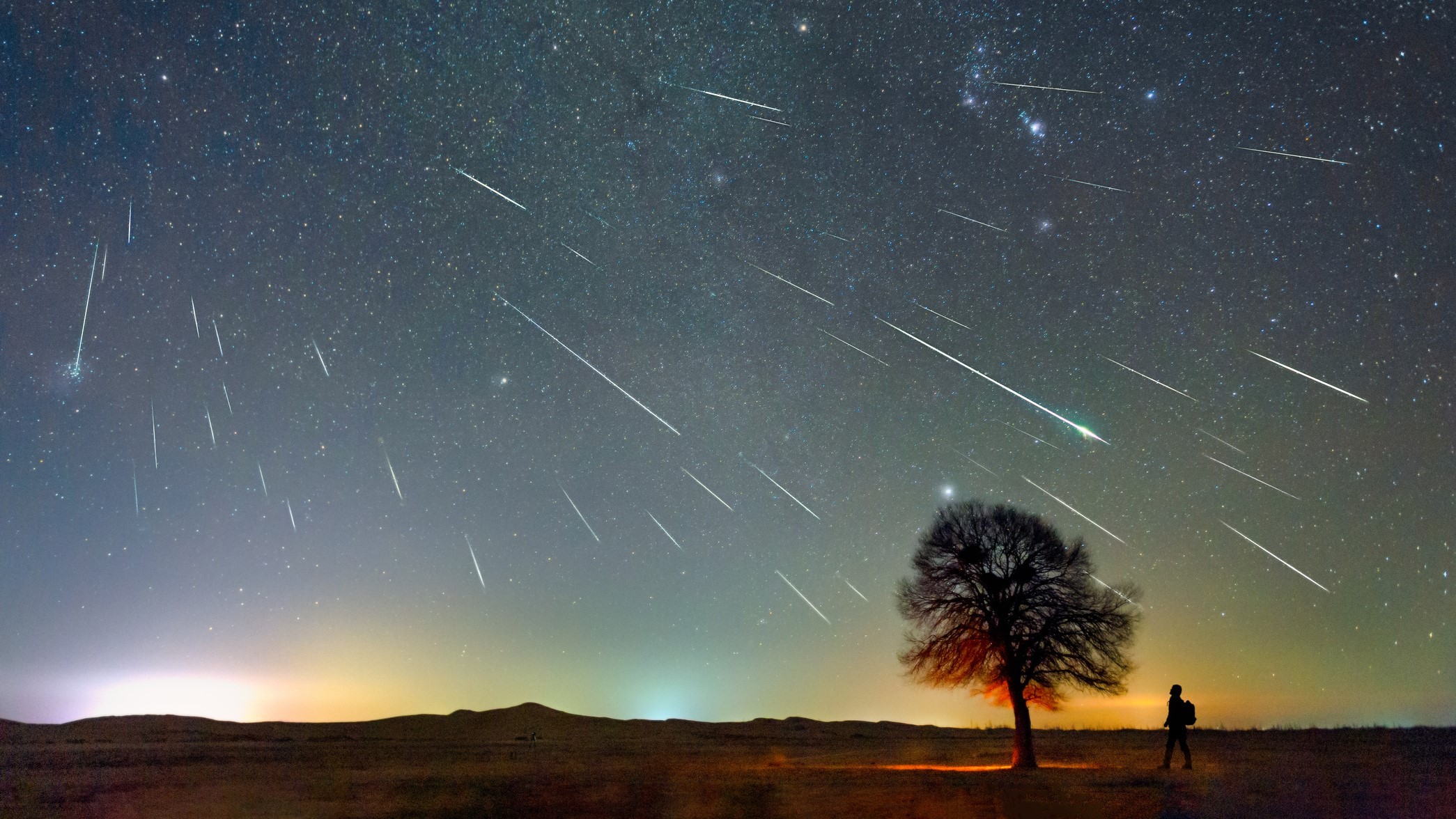The Cosmic Dance of Burnout: From Meteor Showers to Social Media
This past weekend, as the world tilted its collective head towards the skies to watch the Perseid meteor show burn out in an effervescent display of nature’s grandeur, I found myself musing on our earthly interpretation of burnouts. How different our perspective on these astronomical wonders compared to the hopelessness many of us feel on Earth. These fleeting celestial lights might burn out, but in their moment, they shine brilliantly, reminding us of the vastness and beauty of the universe, and consequently, of life itself.
Burnout, whether cosmic or human, can be an intriguing lens through which we view the world.
I’m tired, truly. I’m tired of witnessing the beautiful minds of our generation, being stifled, questioned, and sometimes shamed into silence for expressing their truths. When did society become so intolerant? Why is there such a pervasive expectation to mold our beliefs, our words, to fit within certain bounds?
Am I the only one tired of seeing these brilliant minds compelled to apologize for expressing their beliefs or opinions? This isn’t limited to a specific group of intellectuals, be it athletes, artists, actors, or everyday heroes. Society, in its ever-evolving complexity, has created a tightrope of political correctness, where any misstep can lead to vehement backlash.
We reside in a realm of personal accountability. But when did we forget the value of diverse viewpoints? Our world is rich with individual perspectives, and yet, we’re seeing a stifling pattern. If someone shares a sentiment that doesn’t resonate with us, that doesn’t rob it of its validity. Too often, personal sentiments are stifled in fear of jeopardizing financial stability, either out of need or luxury. Conforming to appease another’s perspective isn’t just restricting; it’s a forfeiture of one’s personal sovereignty. Are their unspoken laws as to what you can and cannot speak of? Who created and polices these laws? Who benefits from these laws? And who are the victims of said laws?
From the dark times of slavery, genocide, and the Holocaust to the daily atrocities witnessed today, we’ve seen countless instances of humanity’s inhumanity. As distressing as these are, they are reminders of the continual power play that exists. It begs the question: Are we genuinely apologizing because we’ve realized our errors, or are we merely yielding to external pressures? Who decides which atrocities are more “valid” than the others? It pains me to see us losing ourselves to the games being played on a global scale.
And don’t get me started on the conundrum of social media. This digital age further complicates things. Social media, while an entertainment platform, is mistakenly equated with reality. A simple ‘like’ or ‘share’ becomes a testament to our character, our beliefs. Friends, once a symbol of love, loyalty, and trust, are now reduced to digital numbers and online status. The line between real-life and virtual reality is becoming increasingly blurry.
This really concerns me how much of it affects day-to-day life for some, ruining beautiful moments. What was meant as a platform for connection and entertainment has become a twisted reflection of our realities. Since when did a ‘like’ or ‘share’ define our entirety? We’re boxing ourselves and others into tight corners, where a mere online interaction can jeopardize real-life relationships. Friendship, once a sacred bond, is now trivialized and commoditized. It’s heartbreaking.
Our world is in chaos. Global events, from the fires in Maui to the ongoing struggle in Palestine, the imminent danger of a war in Niger, and the awakening collective strength of the Black world, are reshaping our worldview. Each incident, in its way, underscores the need for unity, understanding, and love.
Yet, amid the chaos, if there’s one thing worth holding onto, it’s love. It’s the very essence of our being. Let us not squander it over trivialities. It is a beacon worth holding on to. Pure, unconditional love. Love that rises above pettiness and ego. Let us seek wisdom and understanding, much like King Solomon did. And for those of you who might find these musings extreme, I quote a beloved saying: “If you see me in a fight with a bear, pray for the bear.”
To my dear ones, may you always be surrounded by love, compassion, and understanding. May your journey be filled with warmth, understanding, and captivating company. From stardust reflections to burnouts, humanity, and finding our way, remember to never announce movements, you can confirm arrivals. Until our paths cross again, let’s keep making legends.
__________________________________________
Niger’s Crisis and the Shadows of a Global Conflict
As the global stage is set with countries jockeying for dominance and alliances shifting in unexpected directions, the crisis unfolding in Niger, Africa, offers a critical and alarming insight into the burgeoning complexities of international politics.
The recent coup in Niger, while on its surface may seem like yet another political tumult in a distant land, carries with it the potential to be a significant catalyzing factor that could propel us closer to a third world war. The roles of global powers in this crisis cannot be understated.
The Wagner Group, a private military company with links to the Russian state, alongside Russia’s overt support of Niger, and by extension, other African nations like Mali, is a move that’s fraught with geopolitical implications. What’s ironic, however, is France’s position. Historically a colonial power in Africa, France’s support for ECOWAS nations, pushing them to intervene and restore a puppet leadership in Niger, paints a portrait of neo-colonial ambitions veiled in the name of regional stability.
A particularly distressing aspect of this entire situation is the stance of nations within ECOWAS, especially the leaders of Nigeria and Senegal. Their willingness to challenge fellow African nations, potentially leading to conflict with their brethren, all to assist what many perceive as colonial influences, is a heartbreaking betrayal. It’s an affront to the idea of Pan-Africanism and to the countless visionaries who dreamt of a united, independent, and strong Africa.
It’s essential to underscore why France might be so tenacious about maintaining favorable relations with Niger. For those unacquainted with the geopolitics of the region, Niger is not just another African country; it’s a linchpin in France’s strategic interests, especially concerning energy and other vital resources. The repercussions of a shift in Niger’s political allegiances would send ripples across the global stage, affecting economies, trade dynamics, and political alliances.
To those who might dismiss the gravity of the situation thinking, “It’s just something happening in Africa,” it’s time to recalibrate your perspective. The potential global impacts of this situation are vast. International politics is a web of interconnected events, and the unfolding crisis in Niger is a thread that, if tugged too hard, could unravel a tapestry of stability.
While it’s imperative to support our brothers and sisters facing natural calamities, like those in Maui, we must also widen our lens and understand the broader implications of crises like the one in Niger. As global citizens, our responsibility doesn’t end with our immediate surroundings. Our solidarity, attention, and efforts are required wherever humanity’s hope and peace are under threat.
In times like these, staying informed, offering support, and championing peace are not just acts of empathy, but a duty to ensure that the shadows of past global conflicts do not darken our future.

